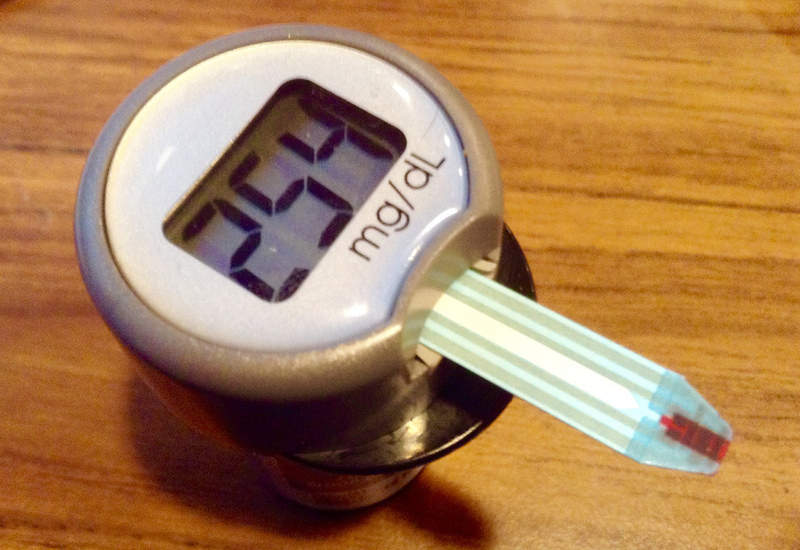
Eli Lilly has reported positive six-month results from a Phase IIb clinical trial conducted to investigate its dual glucose-dependent insulinotropic polypeptide (GIP) and GLP-1 receptor agonist (GIP/GLP-1 RA, LY3298176) for the treatment of type 2 diabetes.
Results from the type 2 diabetes trial showed a clinically meaningful decrease in blood sugar and weight loss, with average HbA1c reductions being around 2.4 percentage points.

Discover B2B Marketing That Performs
Combine business intelligence and editorial excellence to reach engaged professionals across 36 leading media platforms.
GIP/GLP-1 RA is a combination of both incretins in a single molecule and is intended to improve clinical benefits offered by a selective GLP-1 RA.
The randomised, placebo-controlled Phase IIb type 2 diabetes trial assessed the efficacy of 1mg, 5mg, 10mg and 15mg doses of GIP/GLP-1 RA, compared to 1.5mg dulaglutide and placebo, in 300 patients over 26 weeks.
The primary objective of the trial was superiority of weekly GIP/GLP-1 RA over placebo in minimising HbA1c from baseline at 26 weeks.
GIP/GLP-1 RA’s safety profile during the type 2 diabetes trial was found to be similar to the GLP-1 RA class. The most common side effects were gastrointestinal-related and dose-dependent.

US Tariffs are shifting - will you react or anticipate?
Don’t let policy changes catch you off guard. Stay proactive with real-time data and expert analysis.
By GlobalDataLilly Diabetes product development vice-president Jeff Emmick said: “Despite the progress we’ve made in diabetes management, people living with type 2 diabetes often need additional treatments as their condition progresses.
“We set a high bar for this Phase II study, and the results exceeded our expectations. We’re excited to continue studying GIP/GLP-1 RA and hope to add it to our wide range of therapies for people with diabetes.”
GIP/GLP-1 RA is being further investigated in the Phase III SURPASS clinical programme for type 2 diabetes patients. Lilly also plans to evaluate the use of GIP/GLP-1 RA for obesity and other disorders.
Lilly, in alliance with Boehringer Ingelheim, also reported full results from the CARMELINA trial that studied the long-term effect of Tradjenta on cardiovascular safety and kidney outcomes in 6,979 type 2 diabetes patients at high risk for heart and/or kidney disease.
The trial met its primary endpoint of a similar cardiovascular safety profile compared to placebo when added to standard of care.


